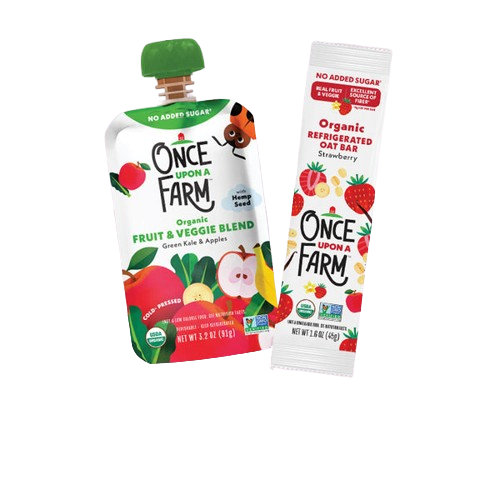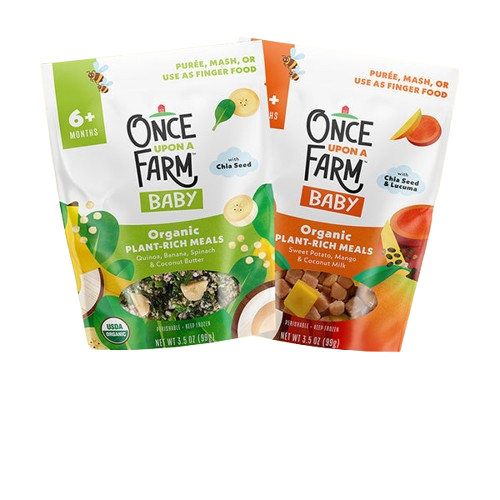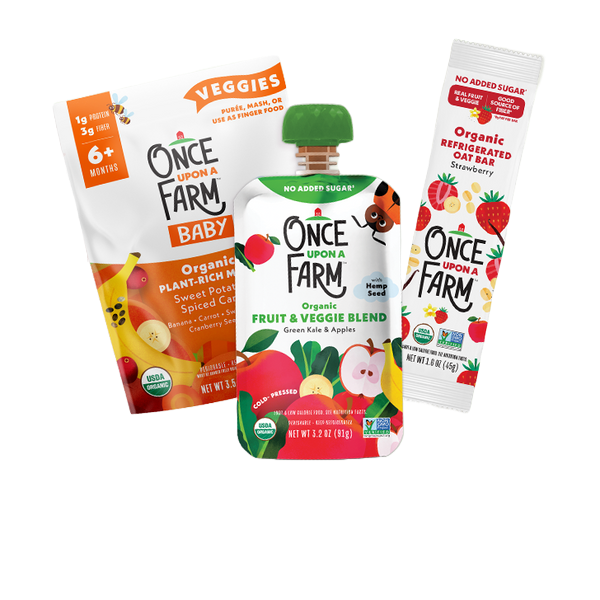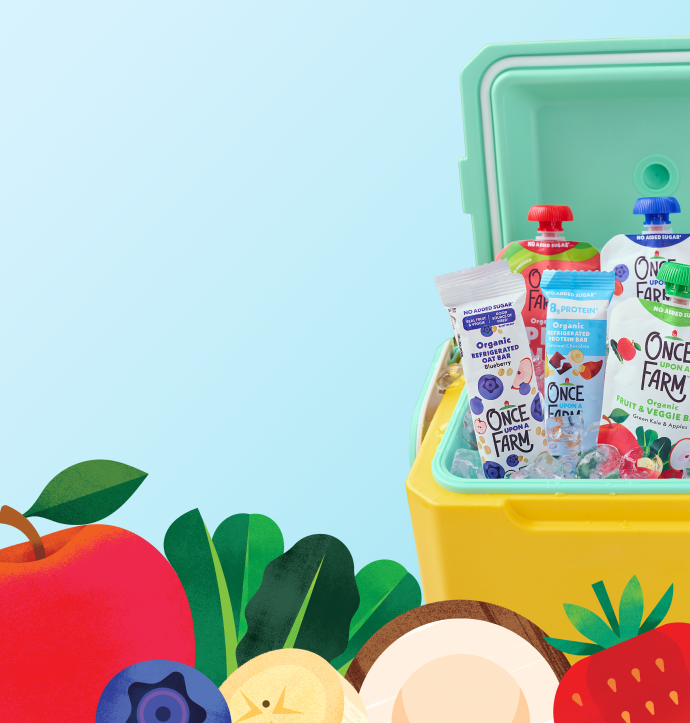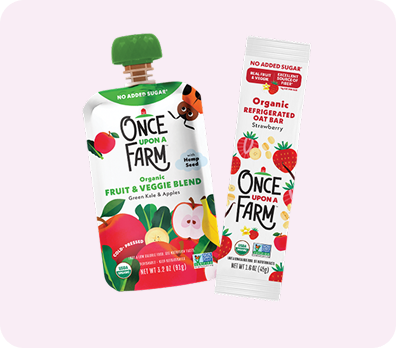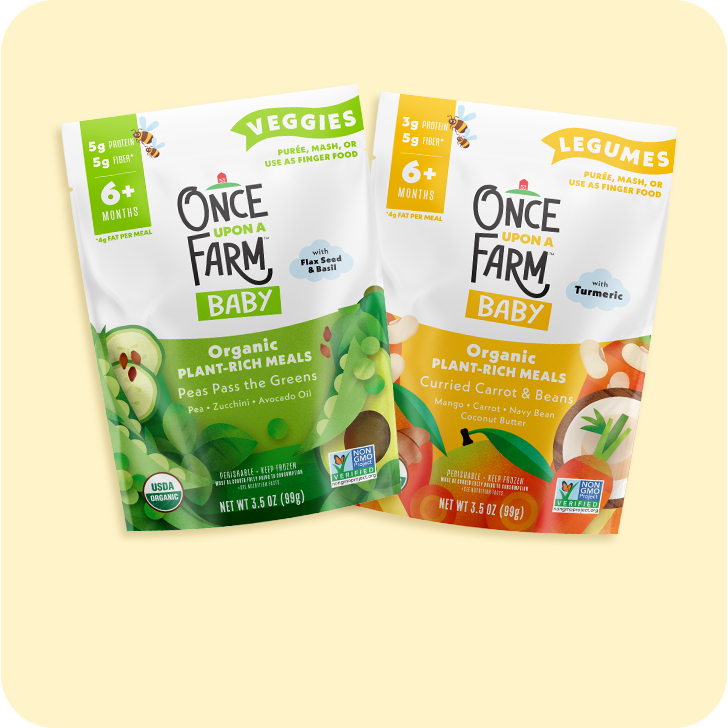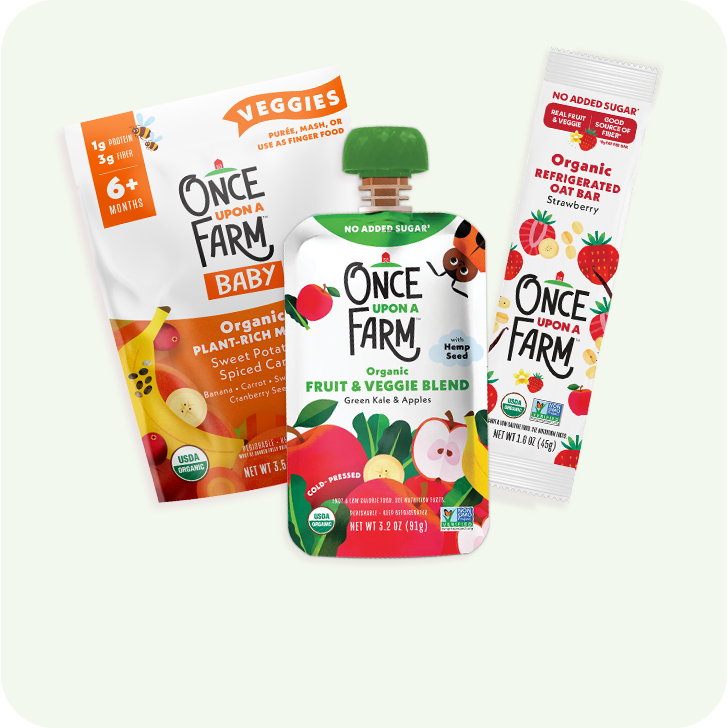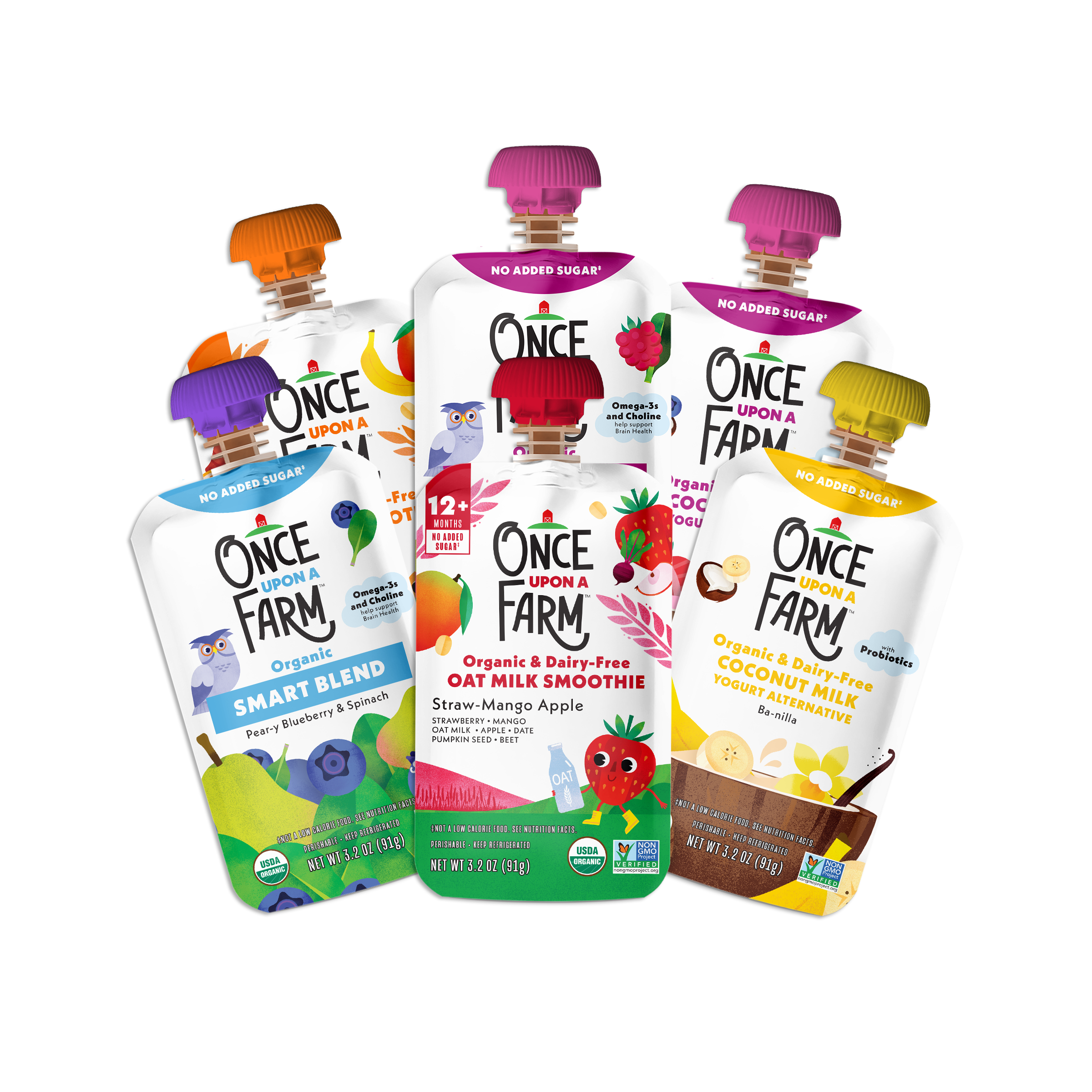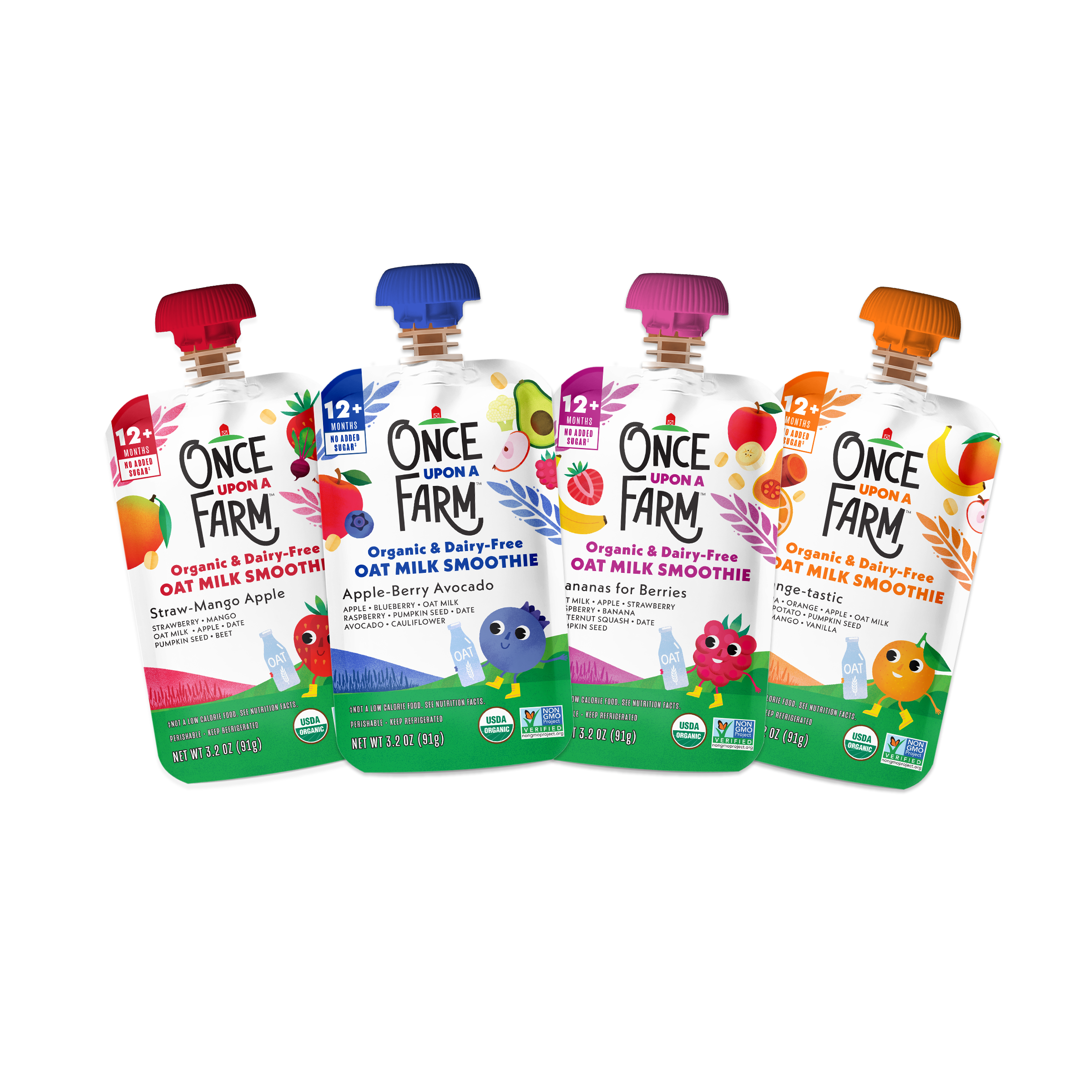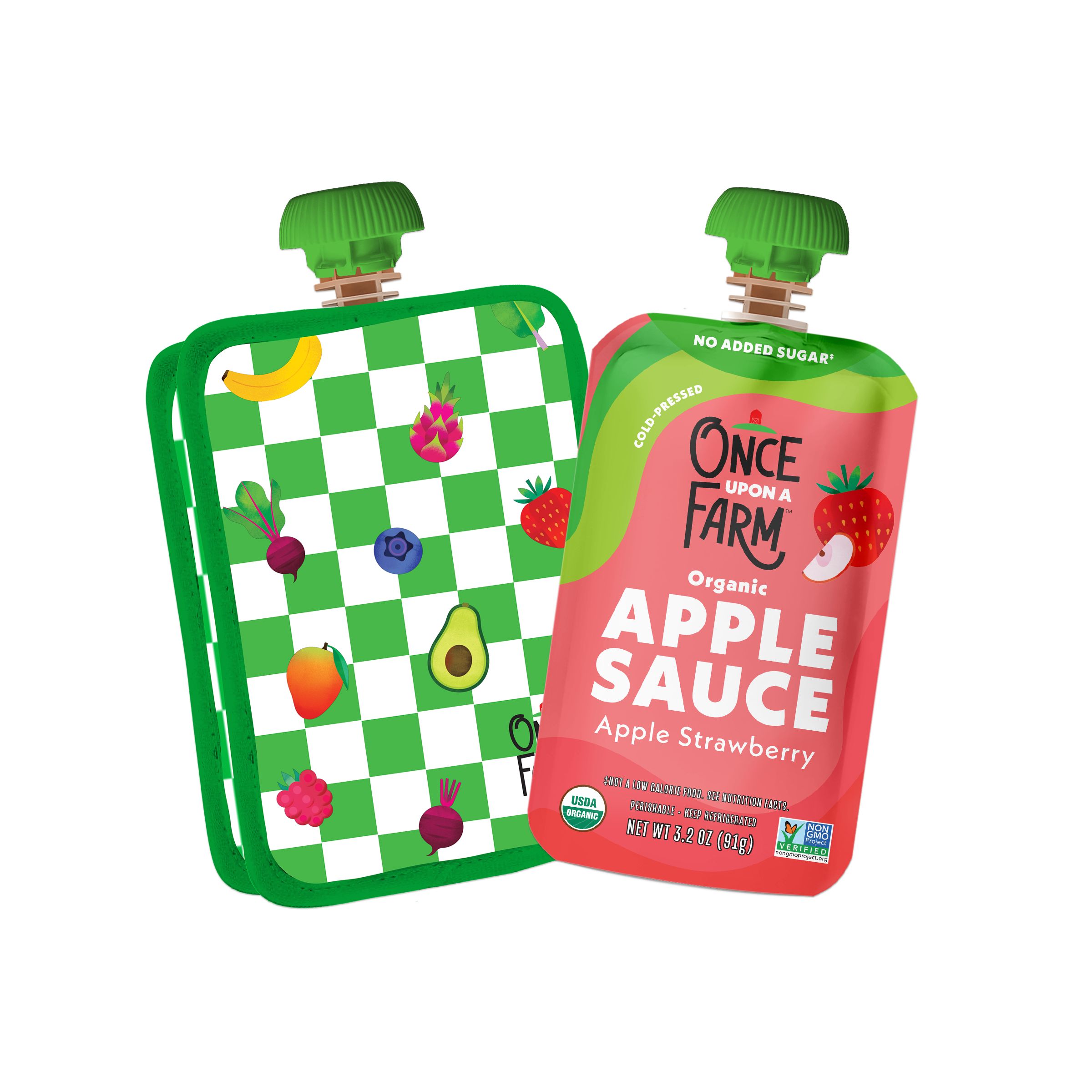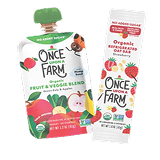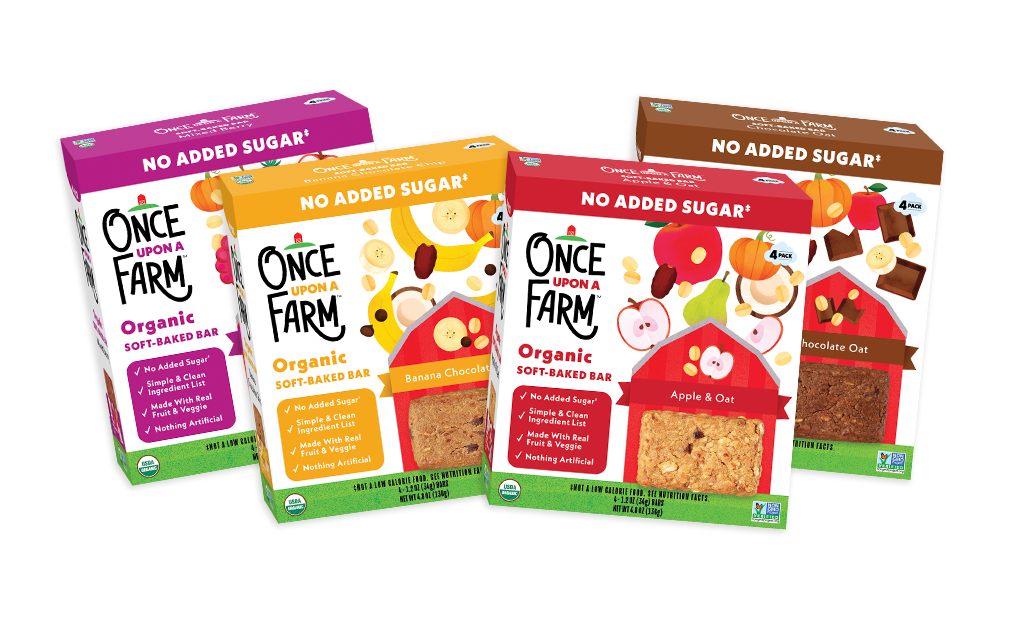Spring has sprung, which means flowers are blooming and seasonal allergies are booming. If your little one deals with seasonal and/or environmental allergies, this can be a trying time, however, thankfully there are many ways you can support them through the season of sniffles and sneezes.
What are the most common seasonal allergies?
According to Child Neurologist and Development Specialist Shilpa Dass, MD, “For many kids, spring allergies are the most common due to flower and tree pollen.” However, there are other allergens that can peak at various times of the year. “In summer, grass pollen is a major trigger, and in fall, ragweed pollen is a big culprit,” she says. While winter can provide respite for outdoor allergies, indoor ones (dust mites, mold, and pet dander) can cause symptoms year-round. These may peak during winter months when kids are spending more time indoors with closed windows and heating systems running.
At what age do kids start experiencing seasonal allergies?
As Dr. Shilpa explains, “Seasonal allergies usually begin around age two to five, since their immune systems need repeated exposure to allergens before reacting.” Pollen allergy symptoms are rare in children under two because they typically need two seasons of exposure before they develop symptoms.
Are some kids more susceptible to seasonal or environmental allergies?
According to Dr. Shilpa, children are more likely to develop allergies if they have:
- A family history of allergies, asthma, or eczema (known as the “atopic triad”)
- For some children, early life exposure to allergens—sometimes both too much and too little exposure may influence how their immune system reacts
- Other allergic conditions, like eczema or food allergies, which can make them more prone to environmental allergies
What are some seasonal allergy symptoms in kids?
According to Dr. Shilpa, common allergy symptoms in kids include:
- Sneezing
- Runny or stuffy nose
- Itchy, watery eyes
- Postnasal drip leading to throat clearing or coughing
- Itchy nose, throat, or ears
- Dark circles under the eyes ("allergic shiners")
“Unlike colds,” she explains, “allergy symptoms do not come with fever or body aches, and less likely sore throats.” Additionally, colds usually don’t come with itchy eyes and nose, and colds are shorter than allergy symptoms. “Colds can last about 7–10 days, while allergy symptoms persist as long as exposure continues (sometimes weeks or months).”
How can diet impact allergy symptoms?
“It is possible that diet can play a role in either mitigating or exacerbating season allergy symptoms.” Pediatric Registered Dietitian Nutritionist Kacie Barnes, MCN, RDN, LD shares. However, she continues, it’s not as simple as eating that certain something to clear your allergy symptoms. “It’s more about supporting your overall immune system and managing inflammation with the diet as much as you can.”
For example, she explains that because allergies can result in inflammation throughout the body, eating foods that are known to be more inflammatory during allergy flare-ups would not be advised. “Whereas a diet that is high in anti-inflammatory foods and antioxidants may potentially help combat systemic inflammation.” That’s not to say eating fruit will stop your runny nose, she says, “But it definitely won’t contribute to any additional inflammation on top of what your body is already dealing with from allergies.”
Barnes adds, “A small study found an association between a higher intake of alpha linolenic acid (an unsaturated fatty acid) with a decreased risk of certain allergy symptoms.” Also, she says, “Vitamin C can also act as a powerful antioxidant in the body, and can potentially reduce respiratory symptoms associated with allergies.”
What is oral allergy syndrome?
Dr. Shilpa explains, “Some children with seasonal allergies may experience oral allergy syndrome—a mild reaction to certain fresh fruits and vegetables due to cross-reactivity with pollen (e.g., kids allergic to birch pollen might have a mild reaction to apples or carrots).” If you notice these types of changes in your child, speak with your pediatrician.
What foods should be prioritized during allergy season?
Taking care of your immune system is key. As Dr. Shilpa says, “Diet plays a role in our body’s immune system, which can impact allergies. While research is still evolving in this area, there are some foods that may help support a healthy immune system to consider.” These include:
- Omega-3 fatty acids (found in fish, flaxseeds, and walnuts) and antioxidant-rich foods (like berries, leafy greens, and citrus): These may help reduce inflammation and allergy symptoms.
- A diverse diet rich in whole foods and fruits, vegetables, and probiotics (like yogurt and fermented foods): These may support gut health, which can influence immune responses.
Barnes agrees. “I would prioritize whole foods and variety in the diet (just like at all times!)," she says, "with maybe a little extra attention paid to foods that we know have an anti-inflammatory effect in the body like berries, fatty fish, olive oil, turmeric, avocados (and many fruits and veg for that matter—as long as they are not triggering OAS for you!), and whole grains.”
What foods should be avoided during allergy season?
“If you are dealing with seasonal allergies and experience any OAS symptoms,” Barnes advises, “you may need to limit certain raw fruits and vegetables in your diet while you are experiencing allergy flares/during allergy season.” Some people experience this cross-reactivity with many types of fruits and vegetables. Barnes says it can take trial and error to figure out which foods are triggering a OAS reaction. “The American Academy of Asthma, Allergies, and Immunology has a great chart that helps break down which foods have cross-reactivity with which allergens.”
Additionally, she advises limiting high-fat foods, fried foods, and foods that are high in sugar and sodium. “These things aren’t the most nutrient-dense and may contribute added inflammation on top of the allergies you’re already dealing with.”
Other Lifestyle Habits to Ease Allergy Symptoms
Dr. Shilpa has some great ideas for other habits parents can encourage to help alleviate your kiddos allergy symptoms.
- Limit outdoor exposure on high-pollen days
- Switch bath time to nighttime
- Change clothes and wash hands/face after playing outside to remove pollen
- Use an air purifier and keep indoor air clean
- Wash bedding weekly in hot water
- Reduce indoor allergens by vacuuming frequently
- Keep pets off beds and furniture
- Use saline nasal rinses (with distilled water) to flush out allergens
Note: If symptoms persist, talk to your pediatrician or allergist about any additional testing or treatment with antihistamines or nasal sprays.

